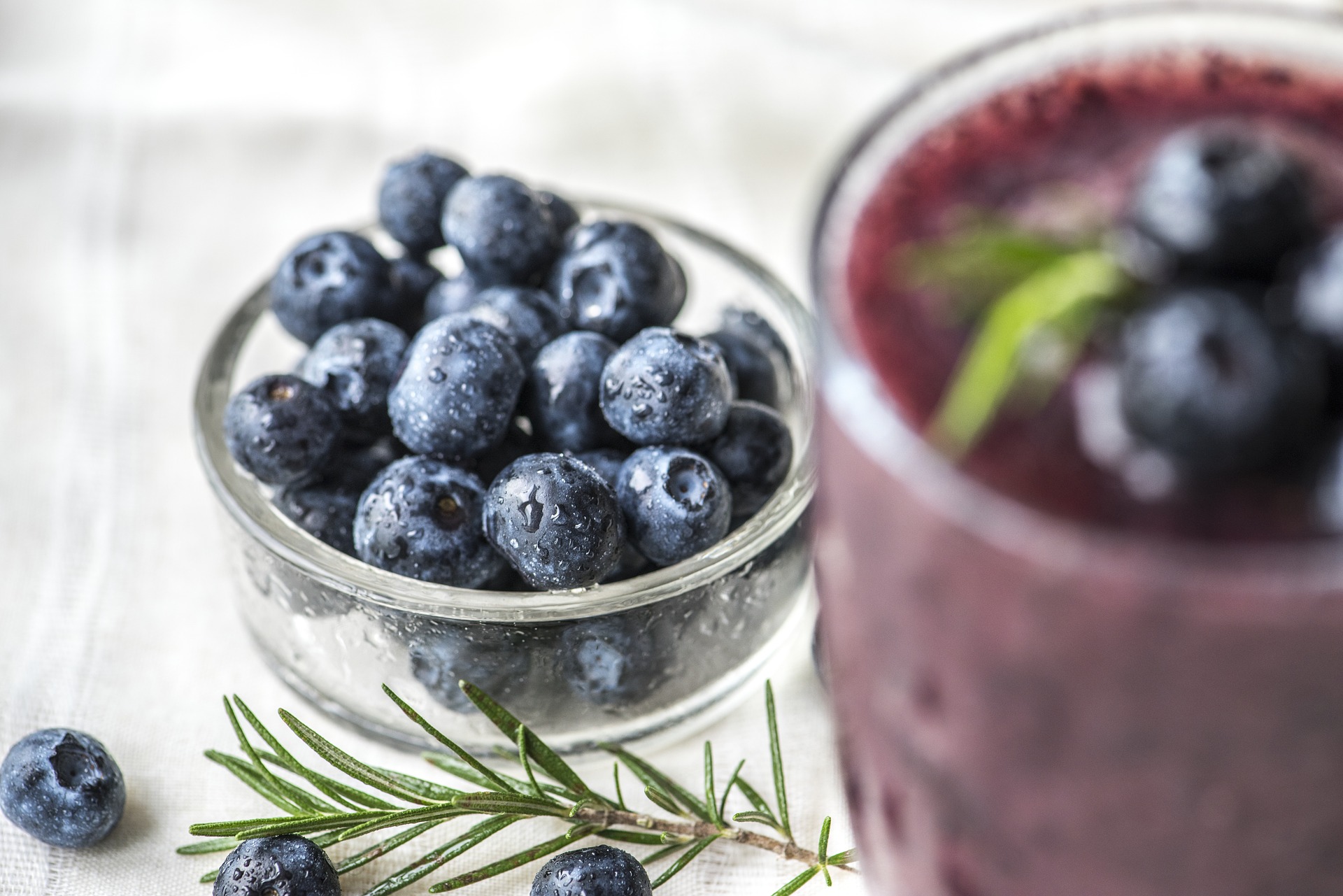
Our brains are obviously pretty important to our overall wellness. In my studies at IIN, we’ve spent a significant amount of time studying the role of our brains and the connection with every part of our well-being. It’s a sad reality, how little time and effort we spend feeding our brains the food that will actually support and sustain us. The brain needs exercise, social connection, and good nutrition to function at its best. Although the right diet can help protect the brain from damage and support efficient functioning, primary food – that is, a fulfilling social life, a stimulating career, and education – is also an important aspect of good neurological health. I’d like to offer two types of food offerings in this post to consider when feeding your brains.
Primary Food
Primary Food consists of everything we feed our brains yet does not appear on our plate. Let that sink in for a moment. We are feeding our brains daily with things other than food…what is it for you? Primary foods helps nourish brain health and support cognitive function – just
how exercise keeps our muscles keep fit, primary food helps exercise our brain and keep it in tip-top shape.
Here’s what research says about how primary food affects neurological health:
• Participation in social activities among the elderly has a neuroprotective effect, reducing the likelihood of cognitive impairment. Be sure to spend time enjoying the company of others and actively participating in groups. You may find that joining a networking group, visiting friends or family, or volunteering is a great way to flex your social skills and make new connections. Expand your circle and exercise your brain.
• Physical activity helps improve cognitive function at any age, but it is especially important for brain health in older adults. Not only does exercise help reduce the risk of depression and improve cardiovascular health, it also helps boost memory and coordination.
• Practicing religion or spirituality has been positively associated with a reduced risk of cognitive decline. If you don’t already, consider experimenting with meditation or exploring a spiritual or religious path that speaks to you.
• Learning a new language may help promote cognitive flexibility.
• Creative hobbies, such as painting, dancing, or playing an instrument, may help reduce memory loss. These creative outlets are a great opportunity for self-expression and keep your brain challenged.
Secondary Food
Secondary food consists of the food that we actually see on our plate or put into our mouths. These foods provide the actual fuel for our brain to function at its best. A diet rich in whole foods that are high in antioxidants and nutritious fats and low in added sugar and processed foods helps support neurological health.
Here’s what research says about how secondary food affects neurological health:
• The Mediterranean diet, rich in whole foods and healthy fats and low in processed foods, has been shown to slow the progression of cognitive decline in older individuals.
• Blueberries have been shown to increase neurological function among individuals with mild cognitive impairment. Add some blueberries the next time you make a smoothie!
• Flavonols from cocoa may help reduce the severity of age-related cognitive decline. Enjoy a small piece of dark chocolate as a delicious, brain-healthy treat!
• As a rich source of antioxidants, avocados may help improve cognitive function.
• Walnuts are a powerful brain food shown to support increased processing time and cognitive flexibility. Have you ever noticed that walnuts actually look like brains?
• Green tea consumption may help reduce the risk of cognitive decline. Green tea is high in antioxidants and helps fight inflammation, which can lead to premature aging.
Nourishing the Brain
The brain is a mysterious organ – we still know very little about how it works. The primary and secondary food tips provided have been shown to support neurological function throughout the life cycle. We can work to choose nutritious foods, move our bodies with physical exercise, foster meaningful relationships, and keep learning.
